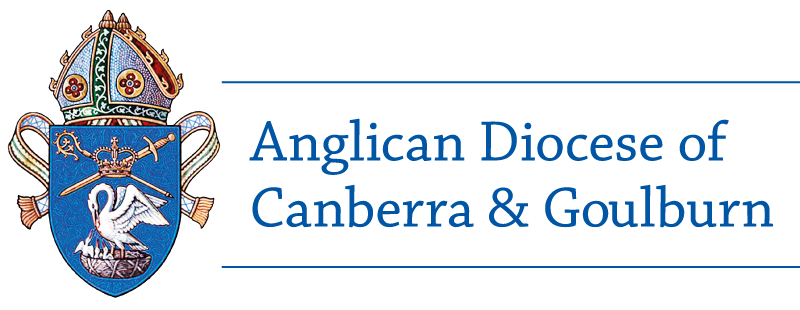Back in the late 1930s the Indonesians in Bali no longer wanted the Christians in the city area of Denpasar. To solve the problem, the ruling Dutch government offered the Christians free land in the jungles of West Bali. This suggestion was accepted and the first generation of the village, now known as Blimbingsari, walked the 120kms to their new land. They had to clear the jungle from their land and cope with the seasonal weather conditions, wild animals and the Japanese during WWII. Today this village in West Bali is one of the prettiest in Bali and an example of Christian life to the whole of Indonesia. To maintain their cultural heritage everyone wears traditional clothes to church on the first Sunday of the month.

Blimbingsari has a population of about 800 people. Often the youth will leave the village after they have finished senior high school, to search for work or to study for higher qualifications. The village itself has two main narrow roads in the shape of a cross. The Balinese-style Protestant Church has no walls, and the centre of the church reaches upwards for about thirty meters. The back of the altar faces onto a small garden with a miniature waterfall. The church is at the intersection of the crossroads. Nearby is the orphanage. Every house in the village, and also every tombstone in the cemetery, proudly has a prominent cross. The whole life of the villagers centres round the church. The village orphanage caters for about 70 children. About three quarters of the children have parents who are too poor to support them. Many of the children are Hindu with a few Muslims, but it is a Christian orphanage supported by the Balinese Protestant Church. All the children participate in Christian songs and prayer before and after meals. There is a Protestant primary school and even children as young as six years old lead their class in song and prayer to start the school day and to finish it. School is on six days a week from 7am to 12noon. Everyone has Bible study during the week.

Most villagers have a kebun, that is, enough land to have coconut and banana trees, grow cassava, vegetables and fruits. Many keep pigs, cows, chickens and ducks. Nothing is wasted in the village and they don’t rely on modern conveniences. Coconut oil is made manually and labour-intensively. Although money is scarce, they are rich in their extended family and social interactions. It is always enjoyable to see neighbours sitting outside during the day just talking and enjoying each other. Transport is usually by motor bike with a couple of cars in the village. I have been fortunate to go to the village each year since 2009 (except 2020/21) at least for a month as a self-funded volunteer. My work is varied with teaching English (children and adults), swimming lessons, music (recorders) and pastoral care.

There are still many needs within the village. Food for some (usually rice), money for medical needs, pig food, powdered milk for the elderly, school and orphanage requirements and so on. With help (from 2015) this is the only primary school in Indonesia to have a library. The Fun Learning Centre (FLC) which I started in 2009 continues with the Balinese Protestant Church now extending it throughout Bali. The children learn English, have some Christian input (stories and song) and a period of free play. More recently a cultural element has been added. I try to identify those who have a strong work ethic in the village. Two very successful ventures are the bakery and a laundry. Imagine my excitement when I saw five washing machines arrive at the orphanage donated by Anglicord one year.
I enjoy the lifestyle in the village and feel very much at home and loved there. I know it is God’s plan for me to visit and with God’s grace I will return again next year. Puji Tuhan (Praise God).

